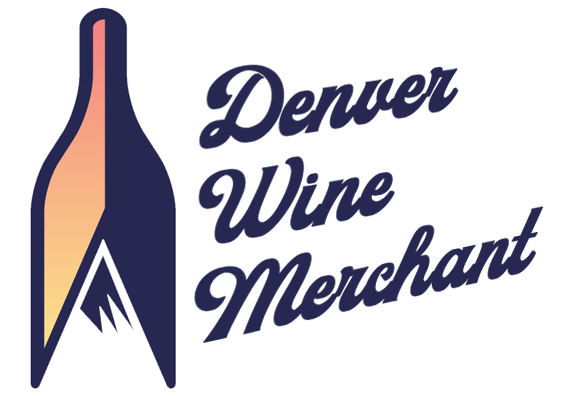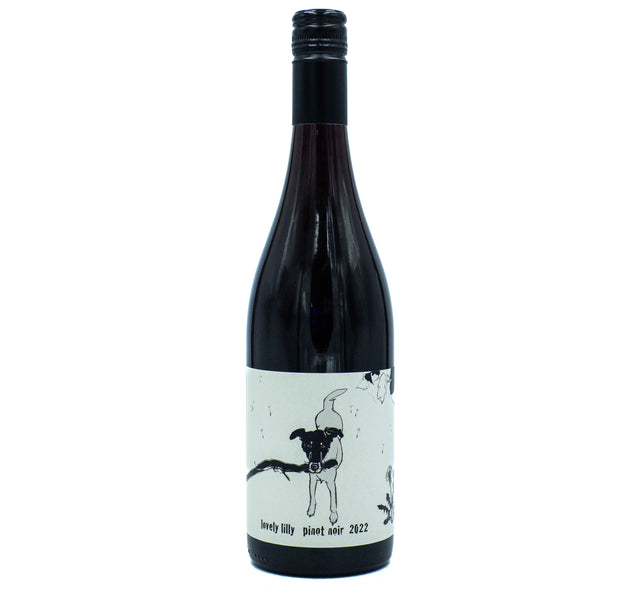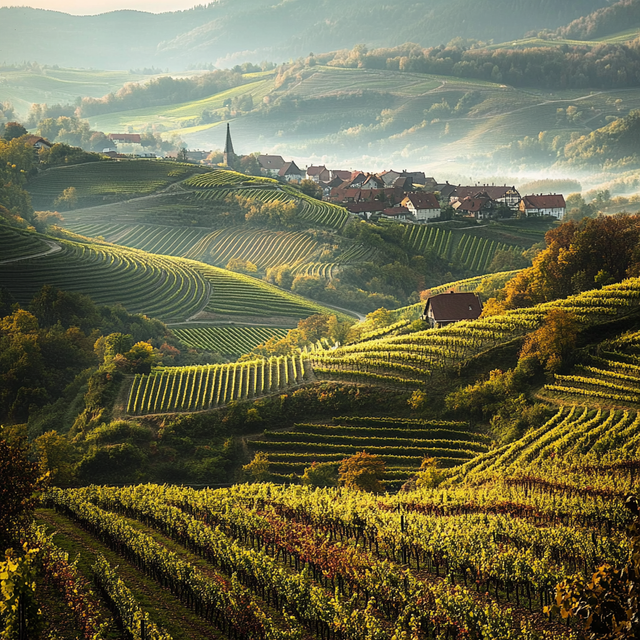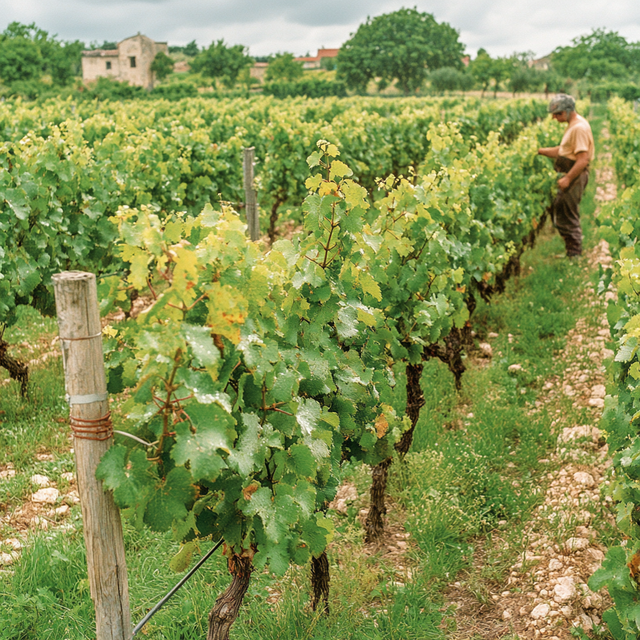Baden, Germany's warmest and southernmost wine region, is distinctly different from its northern counterparts. Benefiting from a near-Mediterranean climate, Baden is known for its ripe, full-bodied wines, particularly Pinot Noir (Spätburgunder) and Pinot Blanc (Weissburgunder). The Kaiserstuhl, a volcanic range within Baden, is a key area, known for its rich, fertile soils that contribute to the wines' concentration and power. While Riesling is grown, Baden's focus is more on these Burgundian varieties, producing wines that are richer, rounder, and often more approachable in their youth than classic examples from cooler German regions. Baden offers a unique and sun-drenched expression of German wine, showcasing a different facet of the country's viticultural landscape.
Germany - Baden
Pinot Noir is a thin-skinned, notoriously difficult-to-grow, low-yielding grape that finds its ancestral home in Burgundy, France, where it produces some of the world's most elegant and nuanced wines. While Burgundy remains its spiritual heartland, Pinot Noir has since traveled the globe, finding success in other cooler climates, notably in California, Oregon, New Zealand, and Germany. This grape is a challenge for any grower, as it requires specific conditions to show its best, and yet the wines it produces are capable of such a captivating and singular character.
Pinot Noir
Practicing Organic vineyard farming involves growing grapes using organic methods—avoiding synthetic fertilizers, herbicides, pesticides, and fungicides—but without formal certification. Wineries adopting this approach prioritize environmental health, soil vitality, and biodiversity, using natural practices such as composting, cover cropping, and manual pest control. Many small wineries opt for practicing organic methods rather than pursuing official organic certification, primarily due to the significant cost, paperwork, and time commitment involved in certification processes. As a result, practicing organic is a popular choice among boutique and artisanal producers who remain committed to sustainable agriculture while managing budgetary constraints.





